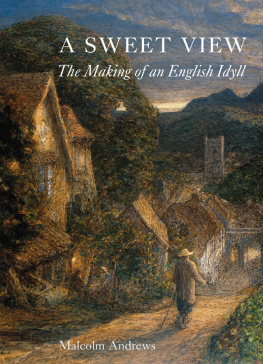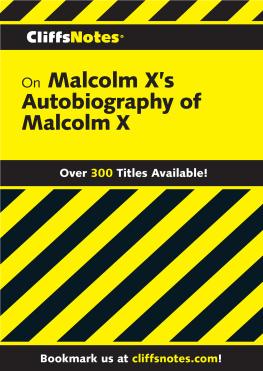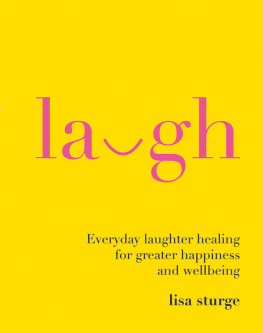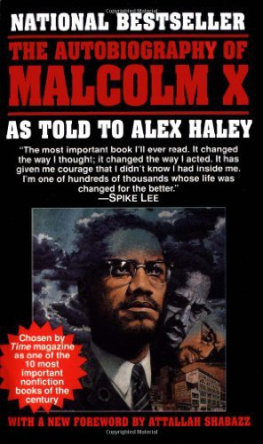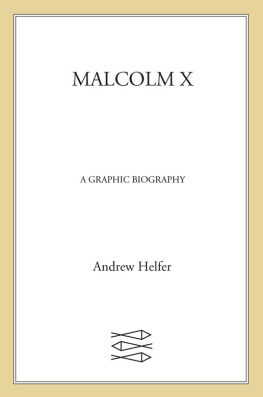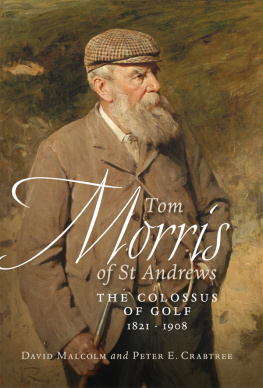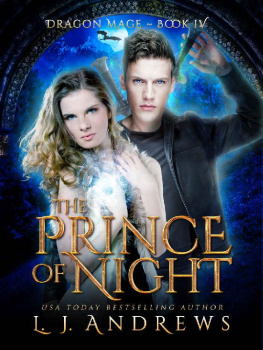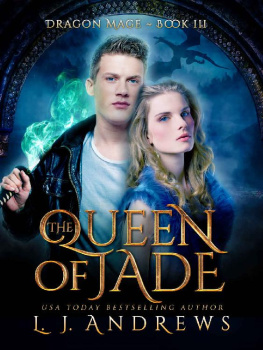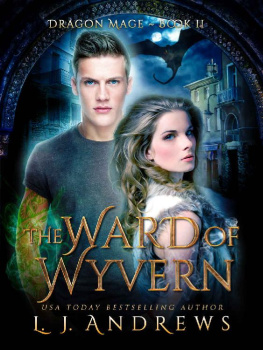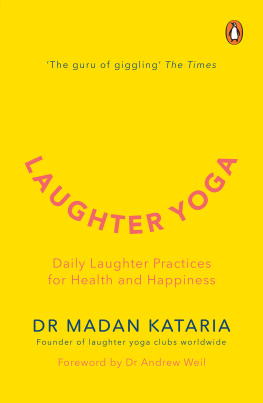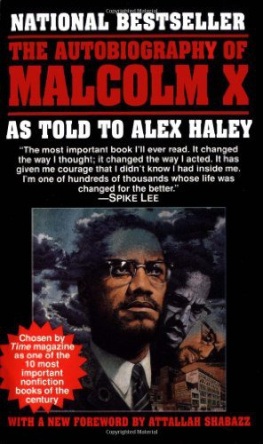Malcolm Andrews - Dickensian Laughter
Here you can read online Malcolm Andrews - Dickensian Laughter full text of the book (entire story) in english for free. Download pdf and epub, get meaning, cover and reviews about this ebook. year: 2013, publisher: OUP Premium, genre: Detective and thriller. Description of the work, (preface) as well as reviews are available. Best literature library LitArk.com created for fans of good reading and offers a wide selection of genres:
Romance novel
Science fiction
Adventure
Detective
Science
History
Home and family
Prose
Art
Politics
Computer
Non-fiction
Religion
Business
Children
Humor
Choose a favorite category and find really read worthwhile books. Enjoy immersion in the world of imagination, feel the emotions of the characters or learn something new for yourself, make an fascinating discovery.

- Book:Dickensian Laughter
- Author:
- Publisher:OUP Premium
- Genre:
- Year:2013
- Rating:3 / 5
- Favourites:Add to favourites
- Your mark:
- 60
- 1
- 2
- 3
- 4
- 5
Dickensian Laughter: summary, description and annotation
We offer to read an annotation, description, summary or preface (depends on what the author of the book "Dickensian Laughter" wrote himself). If you haven't found the necessary information about the book — write in the comments, we will try to find it.
Dickensian Laughter — read online for free the complete book (whole text) full work
Below is the text of the book, divided by pages. System saving the place of the last page read, allows you to conveniently read the book "Dickensian Laughter" online for free, without having to search again every time where you left off. Put a bookmark, and you can go to the page where you finished reading at any time.
Font size:
Interval:
Bookmark:
Dickensian Laughter
Essays on Dickens and Humour
MALCOLM ANDREWS


Great Clarendon Street, Oxford, OX2 6DP,
United Kingdom
Oxford University Press is a department of the University of Oxford.
It furthers the Universitys objective of excellence in research, scholarship,
and education by publishing worldwide. Oxford is a registered trade mark of
Oxford University Press in the UK and in certain other countries
Malcolm Andrews 2013
The moral rights of the author have been asserted
First Edition published in 2013
Impression: 1
All rights reserved. No part of this publication may be reproduced, stored in a retrieval system, or transmitted, in any form or by any means, without the prior permission in writing of Oxford University Press, or as expressly permitted by law, by licence or under terms agreed with the appropriate reprographics rights organization. Enquiries concerning reproduction outside the scope of the above should be sent to the Rights Department, Oxford University Press, at the address above
You must not circulate this work in any other form
and you must impose this same condition on any acquirer
Published in the United States of America by Oxford University Press
198 Madison Avenue, New York, NY 10016, United States of America
British Library Cataloguing in Publication Data
Data available
ISBN 9780199651597
Printed in Great Britain by
Clays Ltd, St Ives plc
For LIONEL WEST, my grandfather,
and his daughter
JOAN, my mother:
in loving memory
In his autobiographical Father and Son (1907) the poet and critic Edmund Gosse records how, as a mid-Victorian child, he became gloriously enslaved to Pickwick Papers: My shouts of laughter at the richer passages were almost scandalous, and led to my being reproved for disturbing my Father while engaged, in an upper room, in the study of Gods Word. He felt himself to be in the company of a gentleman so extremely funny that he began to laugh before he began to speak. Father and Son was written in the Edwardian period, and Gosse pondered the possibility that he might be the last of the generations who accepted Mr. Pickwick with unquestioning and hysterical abandonment. But he wasnt. He would have been reassured to hear the experience of at least one child of the next generation, John Middleton Murry, who in turn had been reassured to read in Father and Son that his own particular affliction was shared. Up to that point, Murry records in Pencillings (1923), I was persuaded that the behaviour Mr Pickwick induced in me at the age of eight and nine was a clear proof of a peculiar madness. Helpless laughter seemed to him to have a pathological significance:
Even at that age I was half-ashamed of it. I used to begin to laugh before I had opened the book []. And I have never been able to read more than a few pages since then, because the helpless feeling of unquenchable Achaean laughter takes hold of me. I dare not let go my sanity; I am afraid of a second childhood.
That is how Pickwick affected generations of readers. A contemporary of Middleton Murray, Lionel West, used to return home from his office in an accounting firm, have supper with the family, retire to put on his slippers, light his pipe, settle in his armchair in the family living-room, and open his Pickwick. As he chuckled, pipe still clenched in his teeth, the incendiary Pickwick effect jiggled tobacco ash from the bowl down onto the pages. His daughter used to watch this slightly alarming routine, and years later often told the story to her children, still somewhat in awe of the power of Pickwick. Lionels daughter was my mother. This book is dedicated to both of them.
The qualities for which every body reads and admires him [Dickens] are his humour and wit, wrote one reviewer of Dickenss work at the start of his career, in 1837. After Dickenss death in 1870, his friend and biographer John Forster concluded his assessment of his subject: His leading quality was Humour. Dickens was seen as the greatest English humorist since Shakespeare. And yet you might not know it from the vast accumulation of books and articles on Dickens over the last half century. As Philip Collins remarked in 1971, in introducing an anthology of contemporary reviews of Dickens, The Critical Heritage: from how many discussions of Dickens in the learned journals would one ever guess that (as Dickens himself thought) humour was his leading quality, his highest faculty? Over forty years later has the situation changed much?
Perhaps we think Forster was wrong in identifying humour as Dickenss leading quality? Perhaps we think we now see more clearly than he could that it was the serious Dickens, the darker Dickens, where the real genius of the man showed itself? Or perhaps in order to take Dickens seriously attention always needs to be turned away from the comedy, from the farce, the irony and the facetiousness which were part of his identity? Whatever the verdict, there is relatively little in the way of sustained critical attention to Dickenss humour. There have been distinguished exceptions, of course, notably James Kincaids Dickens and the Rhetoric of Laughter (1970) and John Careys chapter on Dickens Humour in The Violent Effigy (1973). But search the indexes in any of the recent proliferating companions, guides etc. to Dickens for humour, comedy or laughter and you would be hard put to find much. This gap is evident also in much of the modern popular conception of Dickens. Classical Comics brought out a glossy and handsome Graphic version of A Christmas Carol in 2008. At the end of the book the editors added some historical and biographical information, including this Dickens Fact; Dickensian = denoting poverty, distress, and exploitation, as depicted in the novels of Charles Dickens. Who would have thought that Dickens, more than any other Victorian novelist, was famous for making people laugh, loud and long?
There is of course, and always has been, wider recognition of Dickens the humorist than the record of published criticism suggests. The shortage of critical studies may be due to intellectual market forces, as suggested above, but may also owe something to another kind of problem. One hears quite often that humour is very hard to write about in any intensively analytical way (trying to define humour is one of the definitions of humour, according to the cartoonist Saul Steinberg). Even professional comedians can be silenced when asked about, for instance, their gift of comic timing. The popular view is that under the anatomists knife the vital essence of humour seeps away, elusive as ever, leaving a pile of mangled remains. Analysing humour is like dissecting a frog, according to a remark attributed to E. B. White, the American essayist: few people are interested, and the frog dies of it. (Mrs Leo Hunters batrachian sympathies might be called into play here). The reader of this book will have to judge whether or not this particular analytical endeavour has been worthwhile; and also whether or not I have inadvertently killed off Dickenss humour.
How does Dickens make us laugh?that is what interests me here in this sequence of essays. How can words on a page fire off into the readers consciousness and jolt him or her into a smile, a giggle, or a hearty laugh? The books method of composition has been essentially reactive. By and large I have picked out extracts from Dickenss novels, stories, journalism and letters that make me laugh, and then explored (not necessarily discovered) how he has done it. That route, rather than through any prefabricated theoretical framework, is how I have preferred to approach the topic; at the same time, this reactive exploration has found useful navigational impetus from some of the stimulating laughter theorists of the last two centuries. At all events, if the analysis is not to the readers taste, then the book can bid fair to be a tempting anthology of hilarious passages from a master humorist. My hope all along has been to make the reader laugh and also reflect on his or her laughter.
Next pageFont size:
Interval:
Bookmark:
Similar books «Dickensian Laughter»
Look at similar books to Dickensian Laughter. We have selected literature similar in name and meaning in the hope of providing readers with more options to find new, interesting, not yet read works.
Discussion, reviews of the book Dickensian Laughter and just readers' own opinions. Leave your comments, write what you think about the work, its meaning or the main characters. Specify what exactly you liked and what you didn't like, and why you think so.

